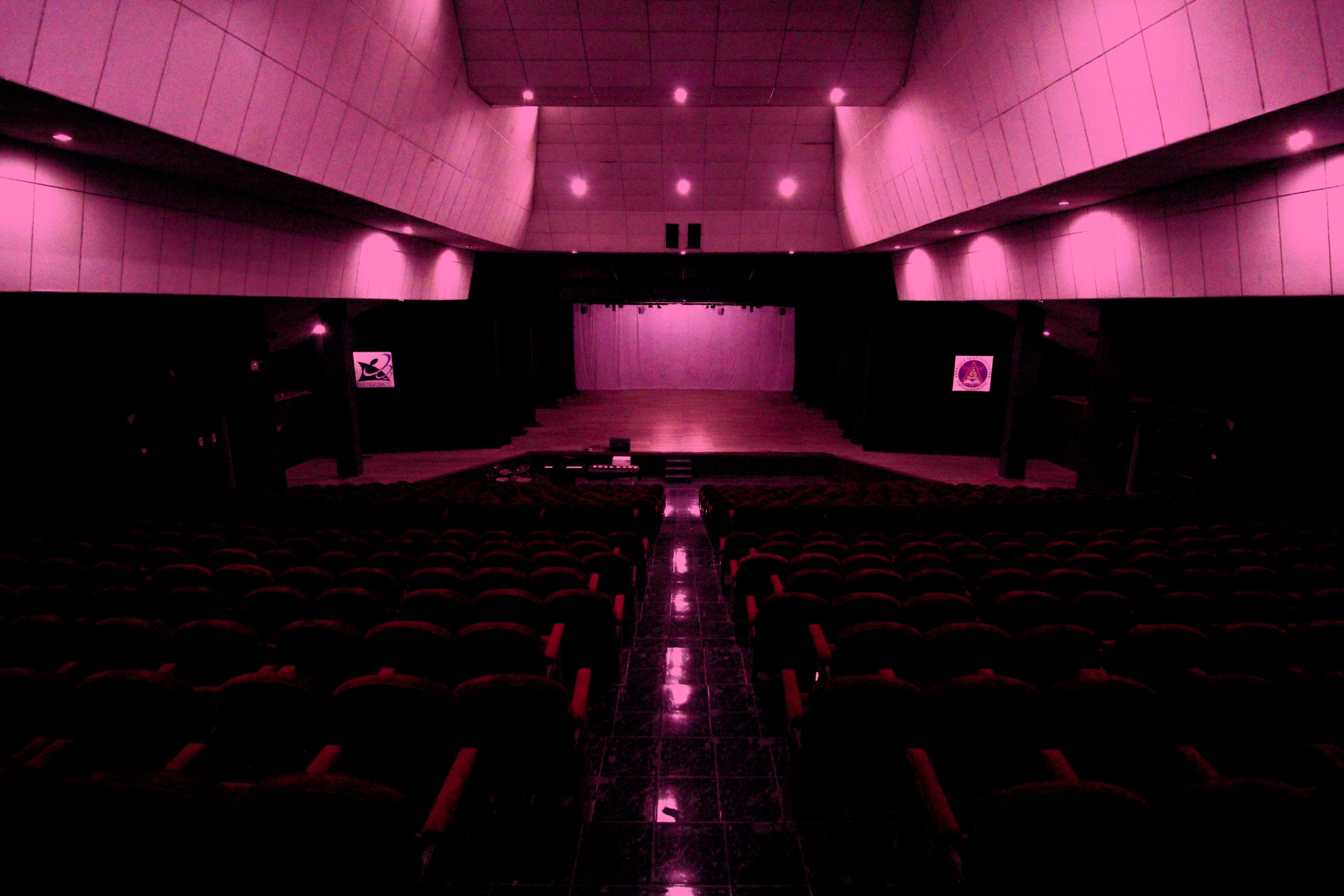As a result of a recent survey on my Instagram, the next big topic for my blog will be Dance Theater Production. Today’s first post will give you a top-line overview of the things I will cover, in greater detail over the next few months.
Preproduction
Preproduction is all the work that you usually do before you hit the rehearsal room. It consists of defining the 5 big W questions, being “what”, “why”, “where”, “when” and “who”. By far the most important ones are “what” and “why” because they will help you answer questions that pop up along the way.
In the preproduction phase, you usually decide on the topic or theme that the piece is about. You do the research around the said topic and decide on the dimension and timelines of the piece. You also decide on the basic look & feel and if you want to work with existing music or need it custom-made.
Base on those decisions, you create a budget and work on funding (if you choose to). You also start to recruit your team. Depending on everything you decided before you will or will not need:
- at least one dancer (which could also be you)
- musicians or a music producer
- a stage designer
- a costume designer
- a light designer or light technician
- a choreographer
- a director
- a producer
- a photographer
- a videographer
- a graphic designer
You can find those people either by casting them or you know people you can ask.
Production
This is the phase where you create what’s happening on stage. All the artists that are involved do their part to create the dance, the music, the story or concepts, the costumes, the scenery, the visual and emotional identity of the piece and everything else.
That is the part of the process that is glamorized by most people and it is also the most intense part for everyone involved. The most difficult task in the production phase is to keep your team on track and together. That task is in the responsibility of the trinity producer/choreographer/director which can be three people but it could also be one. Leadership skills are what makes all the difference now.
It is also the time where it shows if you know what you want to do well enough. When you did your homework, you will be able to answer essential questions that arise very fast. If you have a structured workflow, your rehearsals will be so much more productive. When you give clear tasks and boundaries all your artists will be able to explore the matter of the piece freely and propose exciting material, instead of a basic one.
It is also the phase of polishing the material to the level of perfection that you want for your piece and the time to vigorously remove everything that is not necessary.
Performing
Here is the fun part. When you did an amazing job in production, performing is a blast. For the choreographer and the director, the job is done and in big productions, they are usually only there for the opening and closing nights. In most smaller productions those are dancing themselves as well and on stage with the rest of the team.
Again it is more about your leadership, than real work. Keeping your team fit – mentally and physically – is the hot task now. Depending on your playing schedule that can be easy going (weekly show) or a real challenge (2 daily shows for a longer amount of time). It is about ongoing corrections, not falling into bad routines, exploring the piece anew every time and being in the moment when you are on stage.
Tour Management & Marketing
Tour management and marketing don’t fall into the timeline “preproduction – production – performing”. They usually are running parallel all the time and in the hands of the producer. He or she will take care of promo materials, negotiate with potential venues and organize the dates. Producers also juggle travel planning and coordination (often down to booking hotels and flights), press work, advertising, and most of the stuff that people don’t think about. For example, dealing with copyright collecting societies, taxes, event registration, driving that injured dancer to the hospital, find spare parts for the damaged scenery and so on.
In short: the producers should get more love for the whole process as they have a lot of work, but no glory because they are not part of the performance most of the time. If you are lucky you can hire specialists for some producer tasks like press and advertising, but most people starting out do everything themselves. Therefore, I will cover everything as good as I can.
As this series will be with us for some months, let me know if there are topics that you are especially interested in, so we can talk about those earlier.

